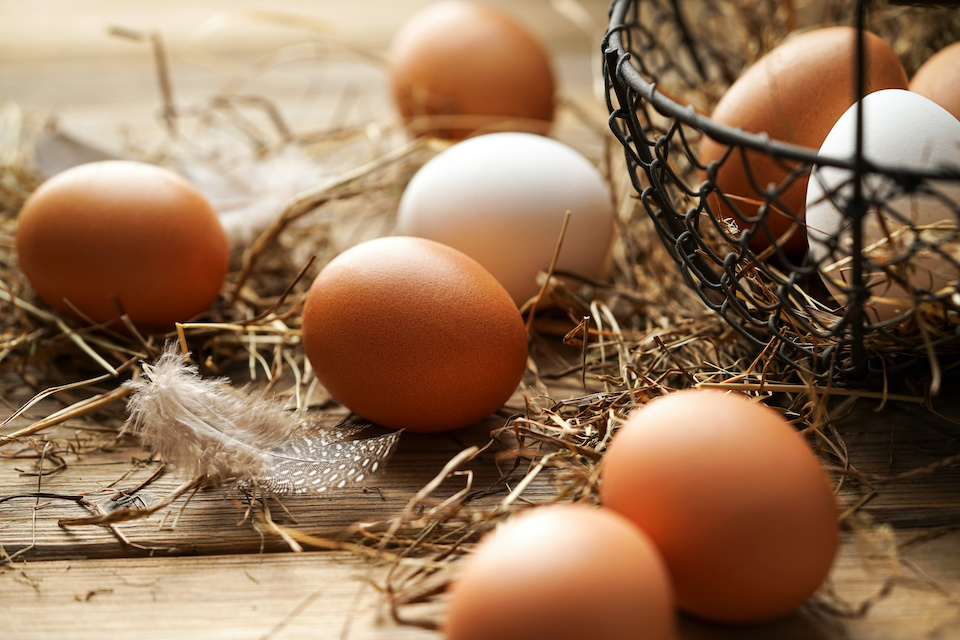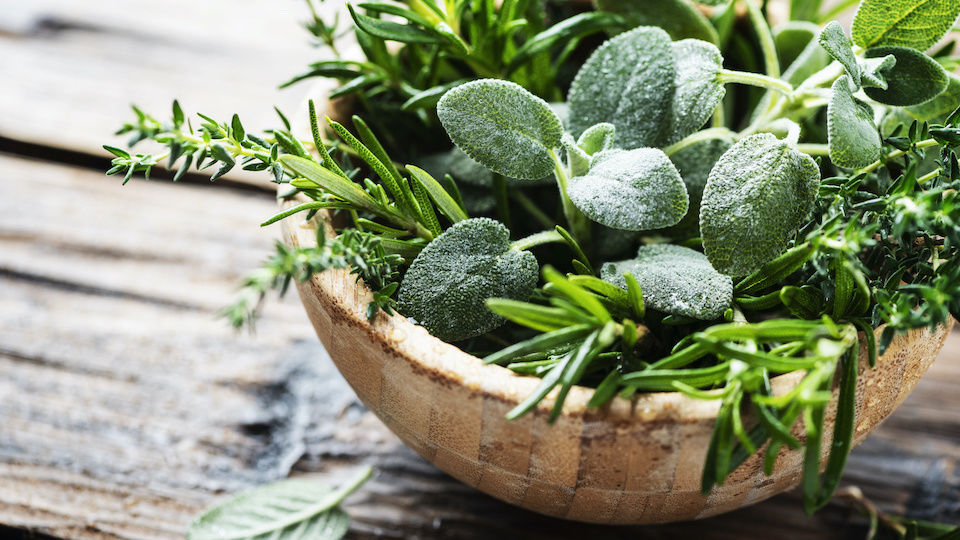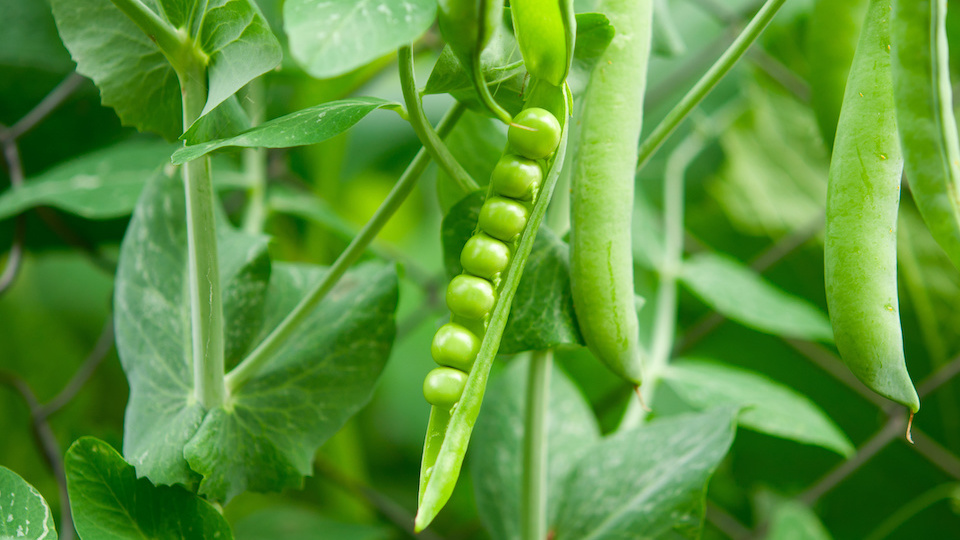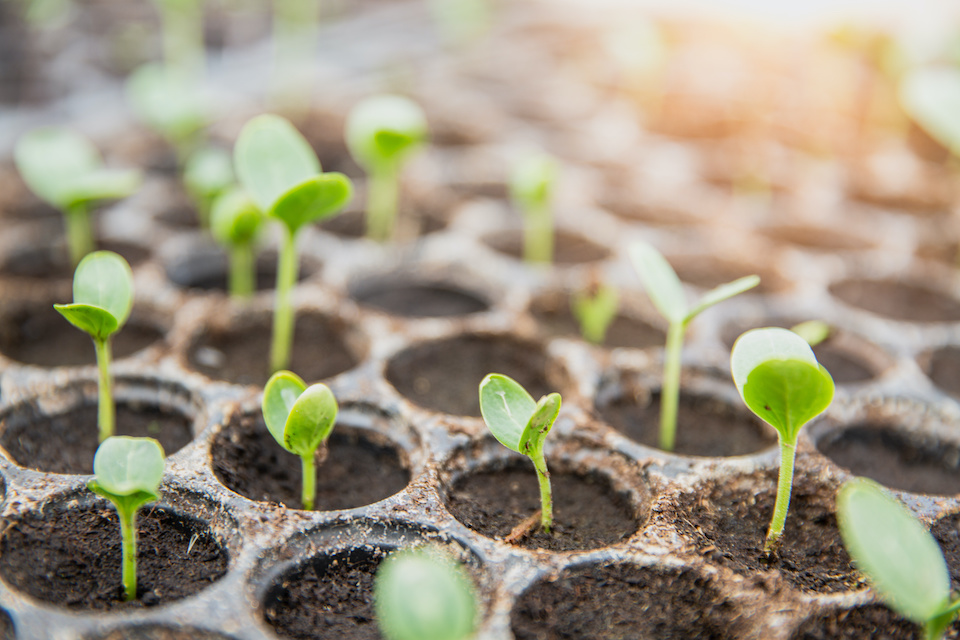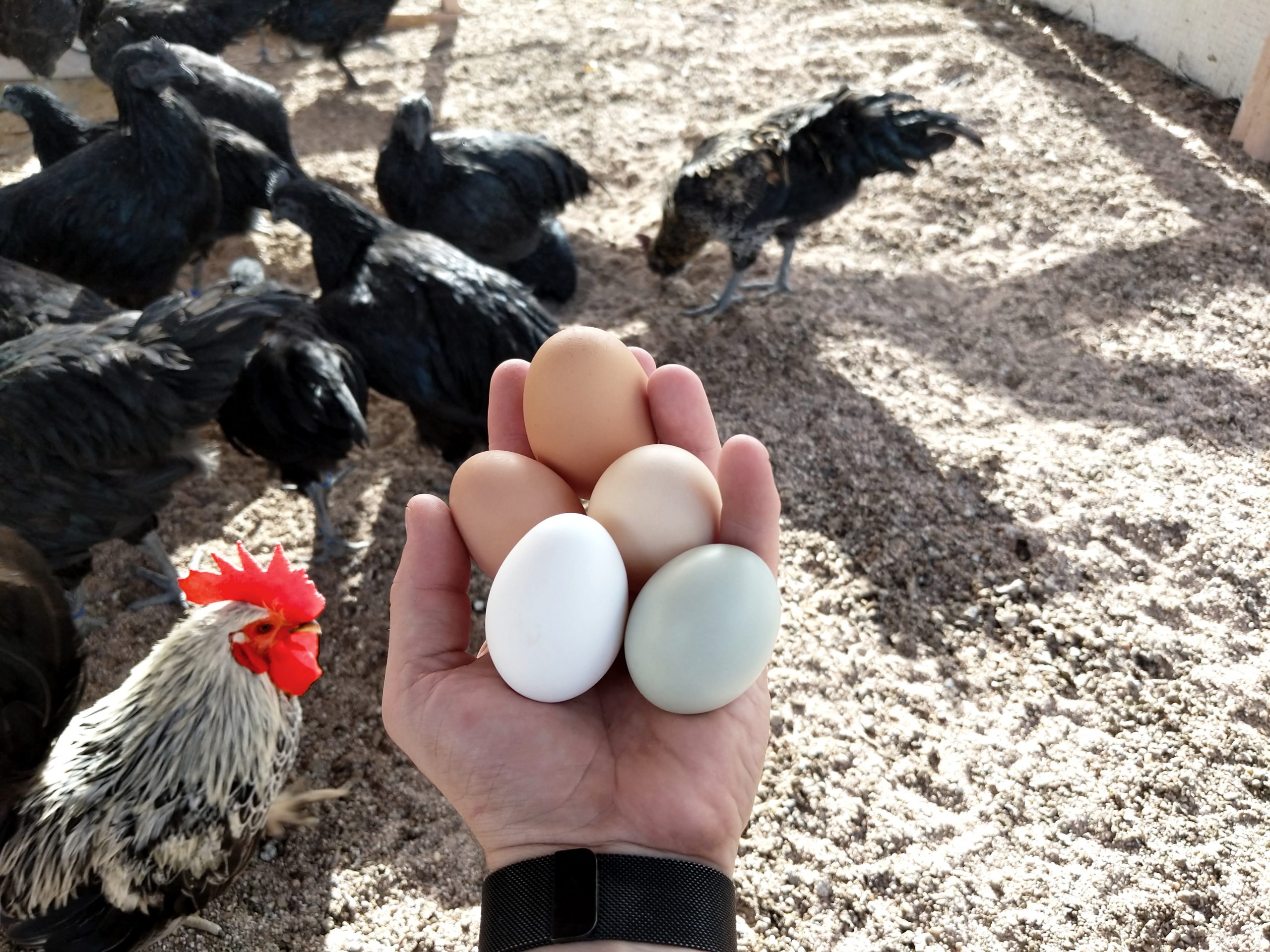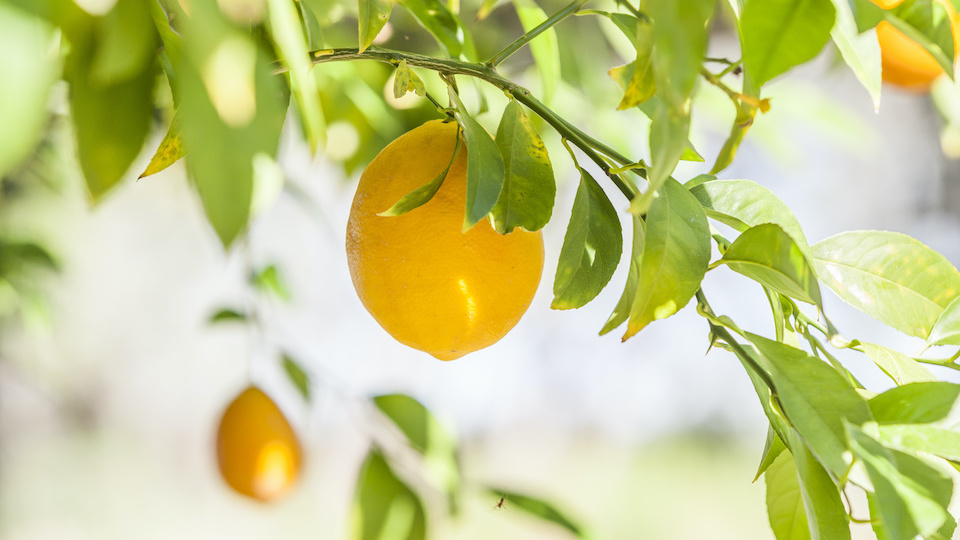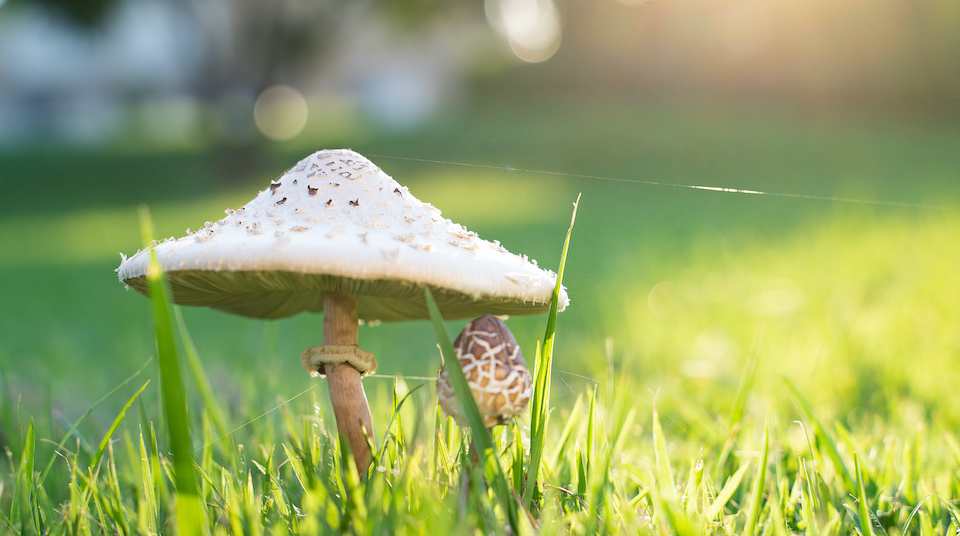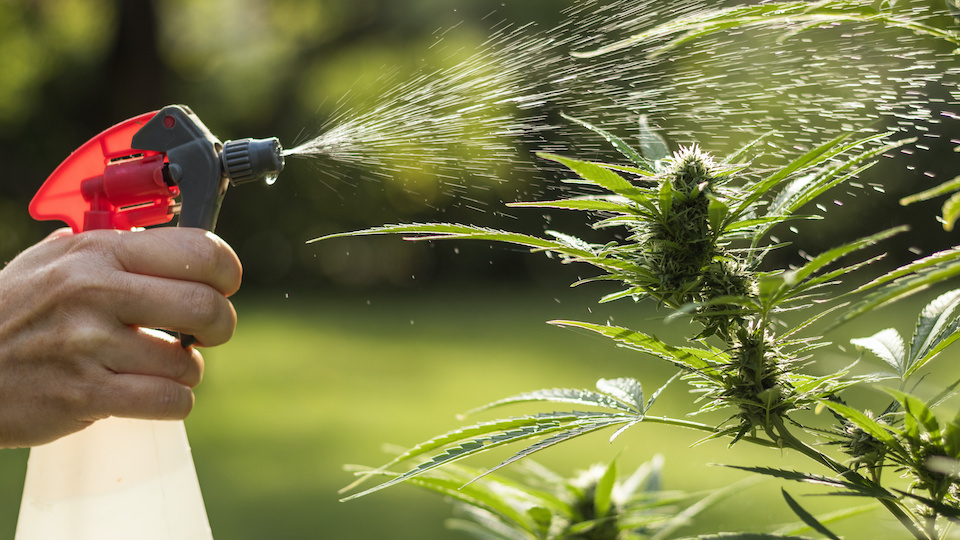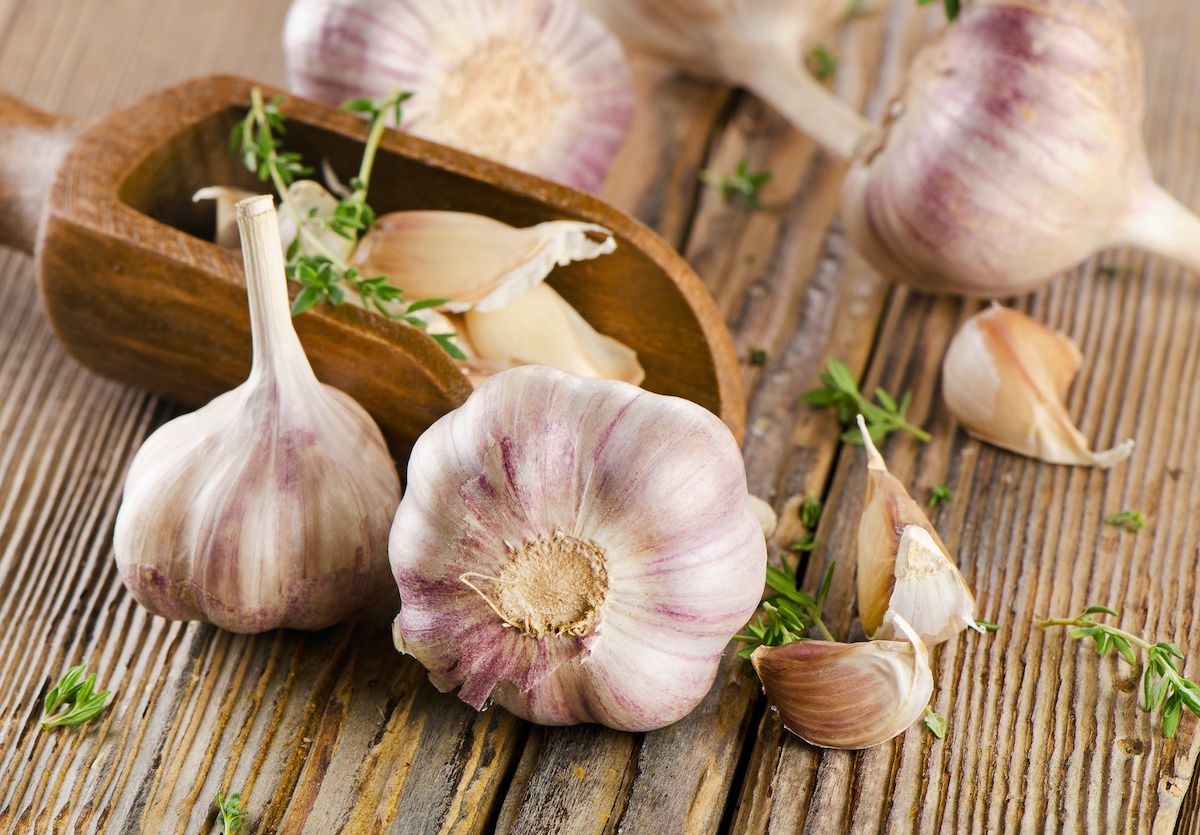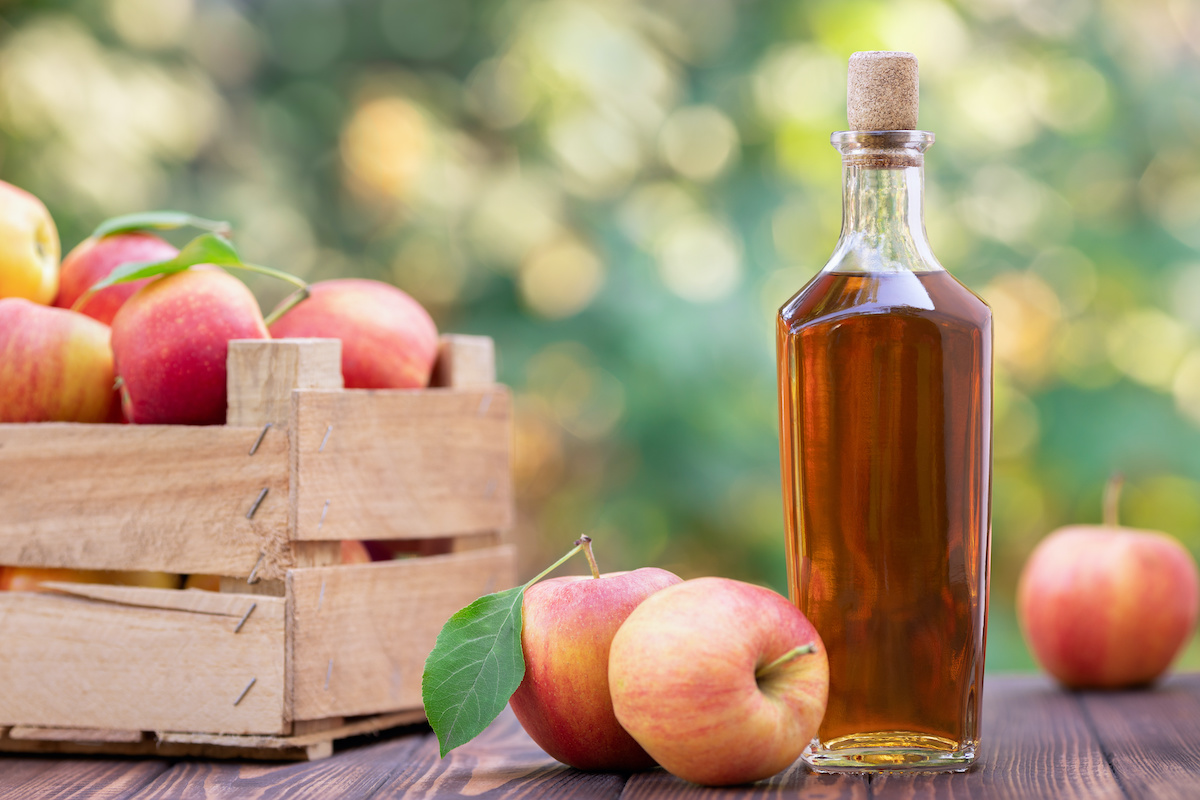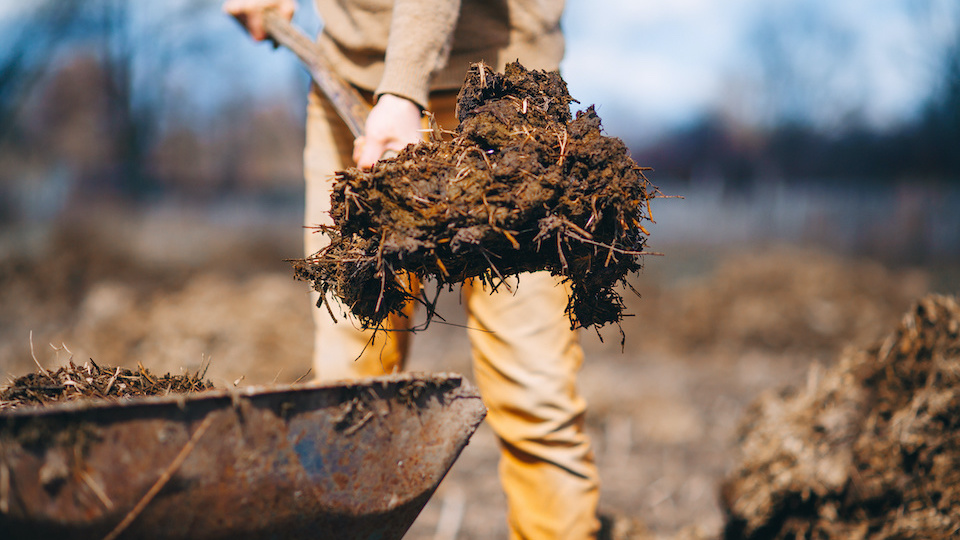Eggs for breakfast? Not anymore, according to a newly released study. A group of researchers has eggs back in the spotlight for seemingly negative health impacts. This time, they are blamed for an increased risk of developing diabetes. But… are there other factors that need to be considered? You bet there are. Also, eggs have recently been shown to reduce the risk of diabetes. Why the conflict? Let’s unpack and find the truth about this popular breakfast food.
The most recent study criminalizing eggs is out of Australia. Australian researchers studied Chinese adults and found a positive link between higher egg consumption and high blood sugar levels. This new research suggests that consuming just one egg per day increases the risk of developing diabetes by 60%.
According to study author Dr. Ming Li from the University of South Australia,
“Diet is a known and modifiable factor that contributes to the onset of type 2 diabetes, so understanding the range of dietary factors that might impact the growing prevalence of the disease is important.”
Yes, Dr. Li is entirely correct. What we eat and our lifestyle has a tremendous impact on our risk of developing diabetes – but what is interesting is that the study subjects had changed from eating a traditional diet to a more processed diet including meat, snacks, and eggs. If this is the case, how can the egg be singled out as the villain here? Furthermore, if eggs have always been a part of a traditional Chinese diet – why not look at the things that aren’t in the conventional diet and conduct research on these?
Previous research makes a clear correlation between a heavily processed diet and an increased risk of numerous conditions such as heart disease, cancer, and diabetes.
Researchers in Finland just last year found that eating one egg per day lowered the risk of type 2 diabetes. In 2015, it was found that egg consumption lowered blood glucose levels and reduced the risk of diabetes.
According to the American Diabetes Association, people who have diabetes should be eating eggs. The reason? Eggs contain just half a gram of carbohydrates, which is believed to have little impact on blood sugar.
What we know to be true about eggs
Before you jump on the anti-egg bandwagon, it is important to remember many great things about eggs. Including the right type of eggs in your diet has been found to promote health and wellbeing in many ways.
Eggs are good for your heart. Eggs can reduce the risk of heart disease and have a positive impact on cardiovascular function. Eggs from pasture-raised hens contain double the amount of health-promoting Omega-3 as eggs taken from hens raised in battery cages. Not only do Omega-3 fatty acids lower blood triglycerides, but they also help regulate cholesterol. This is excellent news, as having higher blood triglycerides is directly linked to an increased risk of developing heart disease.
Eggs reduce the risk of metabolic syndrome. Metabolic syndrome is a group of conditions that increase the likelihood of different diseases, including stroke, diabetes, and heart disease. The conditions include elevated blood sugar, increased body fat (especially around the waist), and abnormal cholesterol levels. One 2016 study of individuals over 40 included a 3-year review of their egg consumption. It was found that eating more eggs may reduce the risk of metabolic syndrome in adults over 40. Also, eggs had a positive impact on blood glucose and triglycerides, especially in men.
Eggs may reduce the risk of fo chronic illness. Eggs also contain naturally occurring carotenoids. People who consume a diet high in carotenoids live longer and experience lower mortality from chronic illness. The particular carotenoids in eggs (that give the yolk it’s beautiful yellow color) help the body absorb additional carotenoids from raw veggies when the two are eaten together.
Eggs are great for your eyes and skin. Carotenoids in eggs are not only paramount to overall good health and prevention of disease, but they also promote eye health. Eggs contain two “oxygenated” carotenoids, lutein and zeaxanthin. Both act as antioxidants and anti-inflammatories, filtering out dangerous blue spectrums of light and reducing the risk of macular degeneration and glaucoma.
In the same way that lutein and zeaxanthin protect the eyes by filtering out dangerous wavelengths, they also protect the skin, thus slowing down the oxidative damage that light can cause – especially UV rays. Eggs contain a hefty supply of five of the eight best nutrients to help reduce the risk of and fight skin cancer.
Eggs can help you stay trim. You might be familiar with eating eggs while trying to drop weight because of their high protein content. But did you know that they also contain another ingredient that makes them a valuable weight-loss food? As mentioned above, Lutein is well known for its ability to keep eyes and skin healthy; it is also a fantastic weight-loss tool. Studies show that it can positively impact physical activity levels. Eggs are a healthy addition to any weight loss program as they keep you full and reduce the number of calories you may eat for a whole 36 hours after you eat them!
Eggs are good for the brain and liver. Our bodies produce a minimal amount of the macronutrient choline. For the most part, we need to get this macronutrient from the food we eat. Eggs are a great choice as they are choline-rich. Eating eggs promotes healthy liver function and brain development. Choline has successfully treated persons with neurological conditions such as depression and can improve memory and cognitive function. Persons diagnosed with fatty liver disease often have a choline deficiency, which is also linked to some forms of cancer.
Why you should keep backyard chickens
Not only are backyard chickens a great source of entertainment, but they are also a great source of healthy eggs. Backyard chickens eat a regular and nutrient-rich diet and are often given room to move about – this means greater nutritional benefits.
The conditions in which hens are raised impact the quality of eggs tremendously. Sadly, hens in cages can’t stand up, groom themselves or flap their wings. Their living conditions are deplorable, and their health suffers.
Eggs from pastured hens are the only kind you should eat. When compared to eggs from caged hens, they have:
- ⅓ less cholesterol
- ⅔ more vitamin A
- ¼ less saturated fat
- 2 times more omega-3
- 3 times more vitamin E
- 7 times more beta carotene
Eggs from pastured hens superior in nutrition, but they are also 98 percent less likely to carry salmonella. That is a peace of mind we can all use.
Backyard chickens are a sustainable addition to any backyard garden. They provide natural pest control and are happy to devour your plant-based kitchen scraps that would otherwise end up in the trash.
I don’t know about you but, I am not giving up on backyard chickens or eating eggs anytime soon!
Susan Patterson


